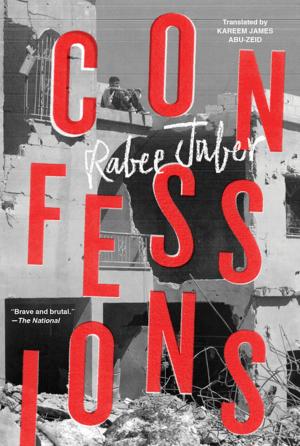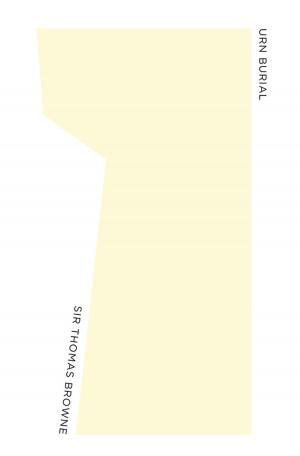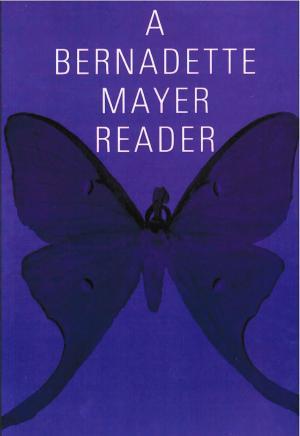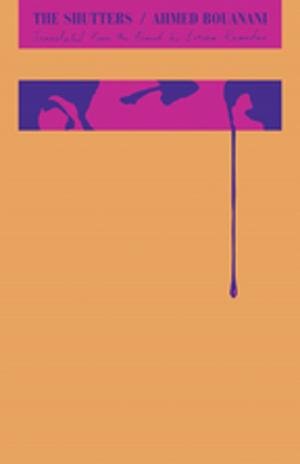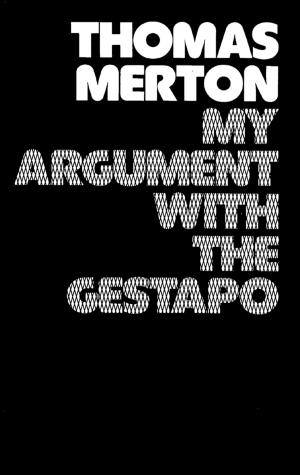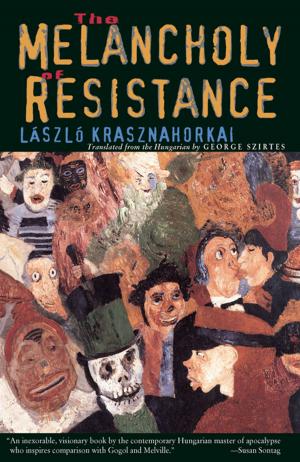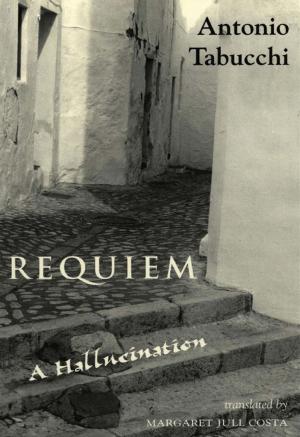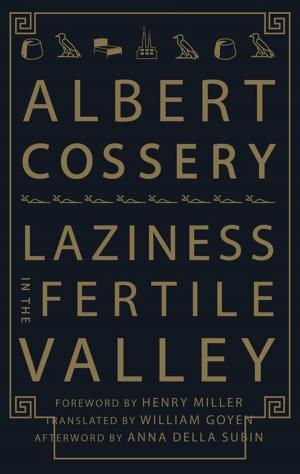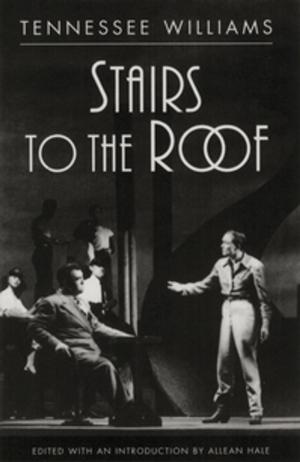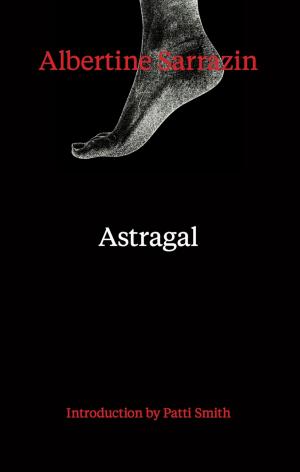| Author: | Bohumil Hrabal | ISBN: | 9780811224819 |
| Publisher: | New Directions | Publication: | October 27, 2015 |
| Imprint: | New Directions | Language: | English |
| Author: | Bohumil Hrabal |
| ISBN: | 9780811224819 |
| Publisher: | New Directions |
| Publication: | October 27, 2015 |
| Imprint: | New Directions |
| Language: | English |
Wonderful stories of Communist Prague by “the masterly Bohumil Hrabal” (The New Yorker)
Never before published in English, the stories in Mr. Kafka and Other Tales from the Time of the Cult were written mostly in the 1950s and present the Czech master Bohumil Hrabal at the height of his powers. The stories capture a time when Czech Stalinists were turning society upside down, inflicting their social and political experiments on mostly unwilling subjects. These stories are set variously in the gas-lit streets of post-war Prague; on the raucous and dangerous factory floor of the famous Poldi steelworks where Hrabal himself once worked; in a cacophonous open-air dance hall where classical and popular music come to blows; at the basement studio where a crazed artist attempts to fashion a national icon; on the scaffolding around a decommissioned church. Hrabal captures men and women trapped in an eerily beautiful nightmare, longing for a world where “humor and metaphysical escape can reign supreme.”
Wonderful stories of Communist Prague by “the masterly Bohumil Hrabal” (The New Yorker)
Never before published in English, the stories in Mr. Kafka and Other Tales from the Time of the Cult were written mostly in the 1950s and present the Czech master Bohumil Hrabal at the height of his powers. The stories capture a time when Czech Stalinists were turning society upside down, inflicting their social and political experiments on mostly unwilling subjects. These stories are set variously in the gas-lit streets of post-war Prague; on the raucous and dangerous factory floor of the famous Poldi steelworks where Hrabal himself once worked; in a cacophonous open-air dance hall where classical and popular music come to blows; at the basement studio where a crazed artist attempts to fashion a national icon; on the scaffolding around a decommissioned church. Hrabal captures men and women trapped in an eerily beautiful nightmare, longing for a world where “humor and metaphysical escape can reign supreme.”

